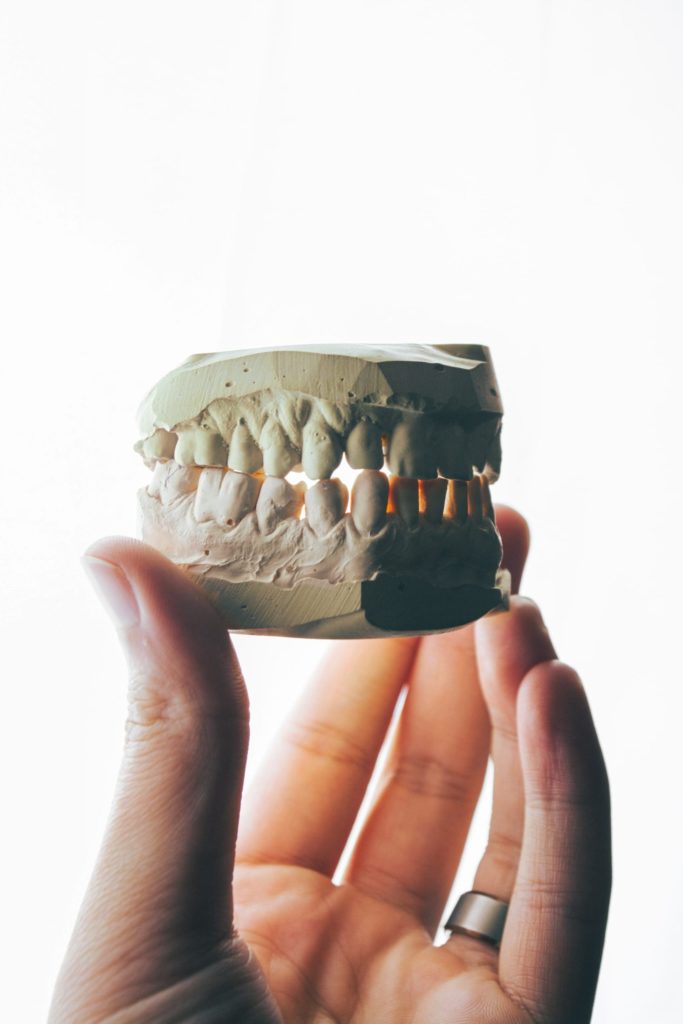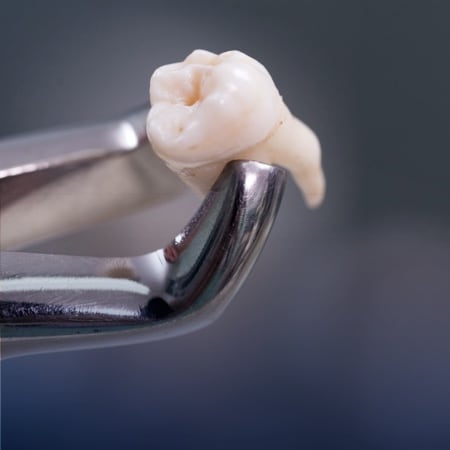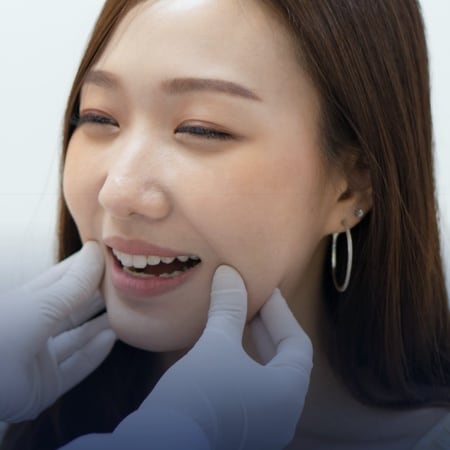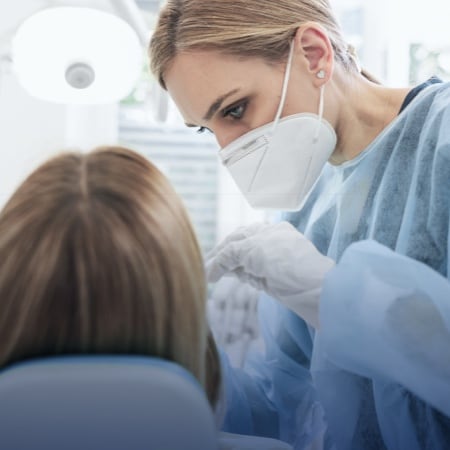How CVOS Oral Surgery treats impacted canine teeth: in today’s blog, our team of dental professionals will be detailing our most frequently-asked questions regarding impacted canines… and how help with them is just a call away!
What Are Impacted Canine Teeth?
General impacted teeth are defined as, “Teeth that, for some reason, has been blocked from breaking through the gum.” A related term of this is partially impacted teeth, which describes teeth that have started to break through the gum but have not completely emerged as of yet.
The term “impacted canine teeth” specifically refers to the canine teeth (the longest of all the teeth, which are located near our two top front teeth and are sometimes otherwise called eyeteeth or cuspids) being impacted or partially impacted.
Canine teeth are the most commonly-impacted teeth second only to wisdom teeth and, as such, potential symptoms should be carefully monitored early to receive early treatment.
The Symptoms of and Reasons Behind Impacted Teeth
Impacted teeth (including impacted canines) typically demonstrate the following symptoms:
- Chronic bad breath and/or an acrid taste in the mouth
- Gums that are swollen, red, and/or bleeding
- Difficulty or pain while opening the mouth
- Discomfort or pain while chewing, biting, or speaking
These symptoms may fluctuate over the course of weeks or months. Even if the symptoms that are experienced are temporary, causes behind impacted teeth may include overcrowding and displacement. If left untreated, impacted teeth attract plaque, food debris, cysts, gum disease, and even the potential for absorbing bone or adjacent teeth.
For impacted canine teeth in particular, because the canine teeth play a crucial role in our bite it is advised to seek treatment as soon as possible.
How CVOS Oral Surgery Treats Impacted Canine Teeth… And Further Reasons Why Early Treatment is the Best Treatment
If impacted canine teeth are treated by the age of 12, it bolsters the tooth’s chance of erupting without further intervention.
However, if the impacted canine teeth are left past the age of 14, even a surgeon creating a path for it to erupt may not trigger it to, making it possible that it may never erupt at all. In patients 40 and over, impacted canine teeth may never erupt due to becoming fused in the place in the gums where it became trapped originally.
That’s where our team comes in. Our highly-skilled surgeons here at CVOS Oral Surgery work hand-in-hand with your orthodontist and/or family dentist in order to review your dental history, remove obstructions that may be causing your impacted canines, and provide treatment options for how to increase the likelihood of the teeth erupting.
For mature patients who have had their impacted canine teeth fuse, we are happy to offer extraction and replacement options such as fixed bridge dentures or dental implants. After all, you having a beautiful, healthy, and functional smile is our #1 priority!
Reach Out To Our Team Today to Have Your Impacted Canine Teeth Treated Right
Surgeries for impacted canine teeth take, on average, only 45 minutes and are performed under IV sedation for your maximum comfort.
As with any surgery here at CVOS, you will meet with your surgeon prior to your treatment for an in-depth consultation so that you feel knowledgeable and at ease with the surgery. After your surgery is completed, you will be debriefed on how to take care of your teeth while they’re healing, which foods to eat to mitigate gum irritation, and, at your 14-day follow-up appointment, will meet with your surgeon again to ensure that you are healing as normal.
Have any other questions surrounding the procedures for impacted canine teeth? Reach out to our team today to have your impact canine teeth treated right.









